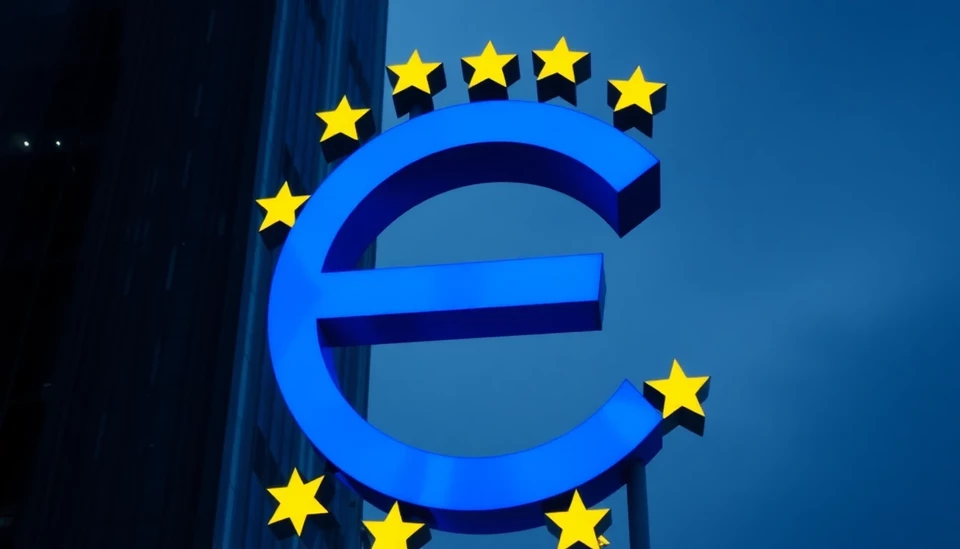
In a recent statement, ECB official Maik Müller highlighted the potential necessity for European Central Bank interest rates to fall below neutral levels. This assertion comes in response to ongoing economic challenges posed by the interplay of global trade dynamics and inflationary pressures. Müller emphasized the importance of a flexible monetary policy to navigate the uncertain landscape and ensure sustainable growth across the Eurozone.
According to Müller, the neutral interest rate—the level that neither stimulates nor restricts economic growth—might not suffice under current conditions. Given the elevated uncertainty surrounding global trade, especially factors like geopolitical tensions and supply chain disruptions, the ECB may need to reconsider its approach to interest rate policy. The implication is that further rate cuts could be required to foster economic stability and enable businesses and consumers to adapt to changing market conditions.
Müller pointed to the alarming rise in inflation rates fuelled by escalating energy costs and persistent supply chain issues, necessitating a re-evaluation of the ECB's inflation targeting strategies. He argued that conventional monetary policies may need to be adjusted, as maintaining rates at or above neutral could stifle growth during a critical recovery period for the Eurozone economy.
Responding to the evolving economic climate, Müller posited that preemptive measures could be more effective than traditionally reactive policies. He underscored the ECB's commitment to its dual mandate of price stability and supporting economic growth, suggesting that adapting rate policies accordingly is essential for the well-being of the Eurozone's economies.
The ECB previously indicated a commitment to maintaining high interest rates to counter inflation but now faces increasing scrutiny over whether this strategy aligns with current economic realities. As trade issues remain volatile and inflationary trends threaten consumer spending power, the central bank must navigate these challenges deftly.
Experts within the economic community are divided on the implications of potentially lowering rates below the neutral mark. While some warn of long-term inflationary risks, others argue that the immediate need for economic stabilization justifies a more aggressive monetary policy stance. As discussions continue, the ECB is under pressure to act decisively to safeguard the fragile recovery and the broader Eurozone economy.
In the coming months, the ECB's decisions on interest rates will be closely monitored as the institution seeks to balance the competing priorities of inflation control and economic support amidst uncertain global trade developments.
As we approach the next ECB meeting, market participants and policymakers alike are bracing for reactions that could profoundly alter the economic landscape of Europe. The outcome could set the tone for monetary policy in the years ahead, impacting everything from investment strategies to consumer confidence across the Eurozone.
In conclusion, as Maik Müller articulates, the question remains: will the ECB take bold steps to lower rates, or will it maintain its current course amidst unfolding economic pressures? Only time will tell as the situation develops.
#ECB #InterestRates #MonetaryPolicy #Eurozone #Inflation #EconomicGrowth #TradeDynamics
Author: Daniel Foster




